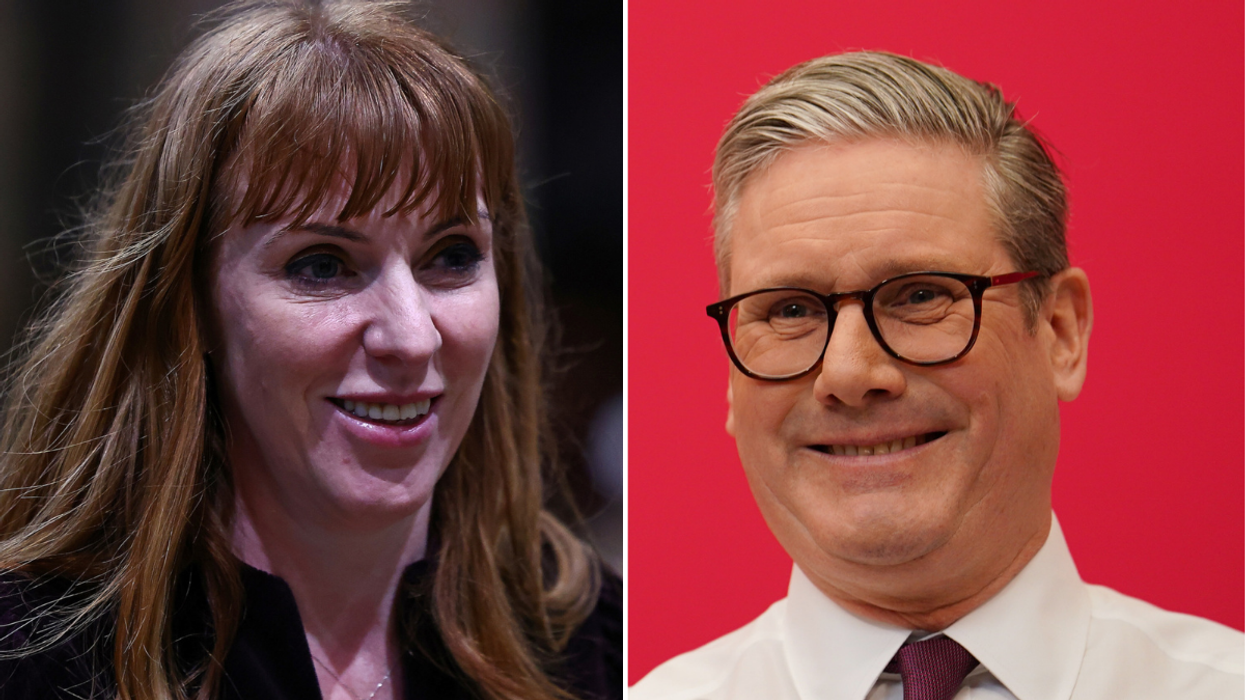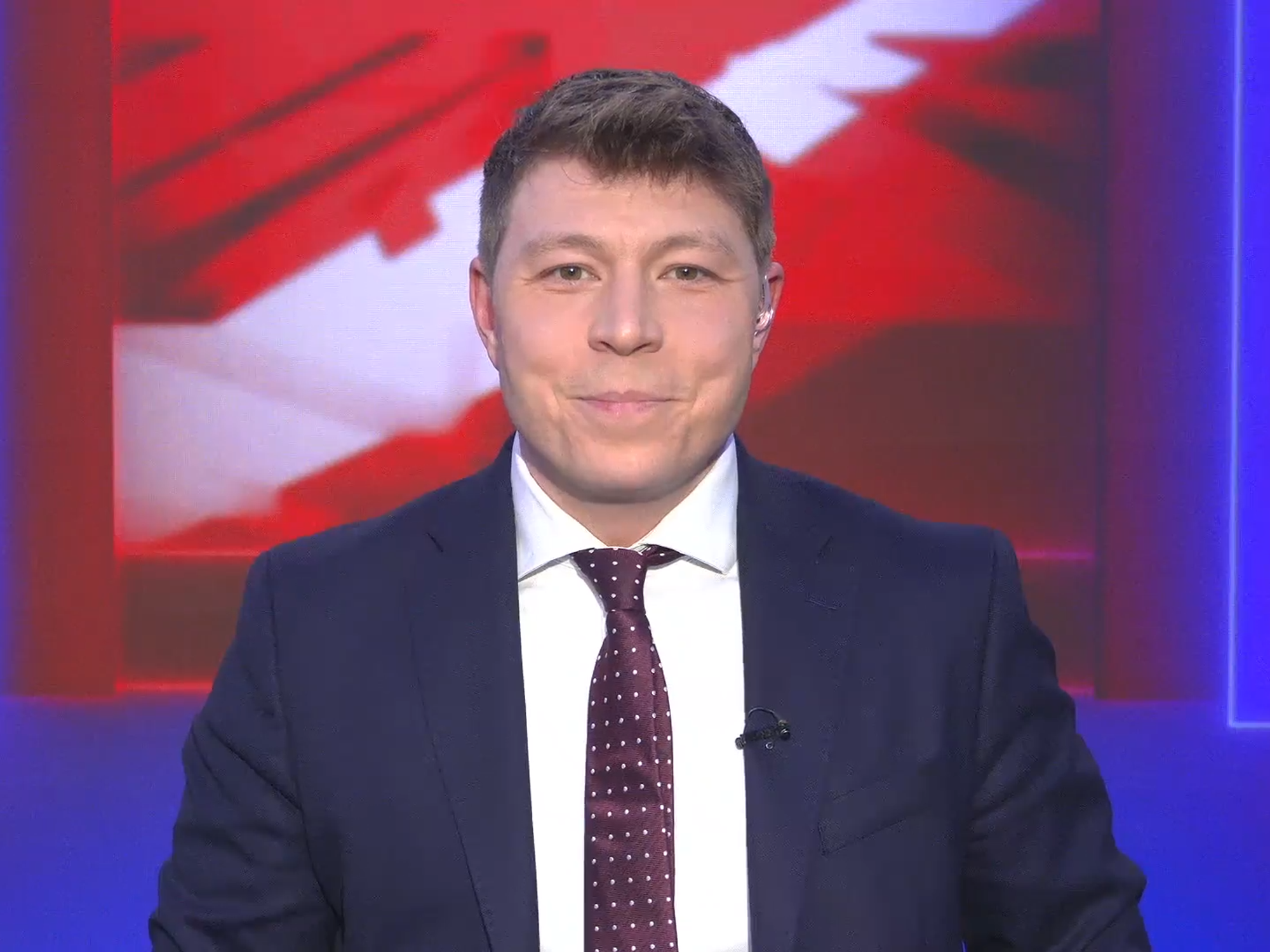Free speech is under threat from the so-called tolerant Left - Sally Ann Hart

Angela Rayner and Keir Starmer are two months into their leadership
| PA
Sally-Ann Hart is a former Conservative MP
Don't Miss
Most Read
Latest
On assuming power, Labour quickly suspended the implementation of the Higher Education (Freedom of Speech) Act 2023, a law introduced by the former Conservative Government to protect free speech at our universities – a right increasingly under threat.
By halting this legislation, Labour has signalled a troubling disregard for principles that underpin academic freedom and open debate in our academic institutions.
This Act is crucial for safeguarding lawful speech and academic freedom in universities. Students must be free to express their views freely, and academics need protection when teaching or discussing controversial material that may challenge prevailing orthodoxies or offend certain sensibilities.
Without such protections, the very essence of what makes universities bastions of knowledge and free inquiry is at risk. Labour’s hostility to this legislation, in Opposition and now in power, reflects a disturbing willingness to appease the cancel culture rather than uphold free expression.
Freedom of speech is under threat. The so-called tolerant Left often silences opposing views by labelling those with legitimate opinions as ‘far right’, racists, or transphobes. This suppression of debate not only stifles academic freedom but also threatens the very fabric of our democratic society. Home Secretary Yvette Cooper’s pledge to crack down on “harmful beliefs and ideologies” should raise alarms.
Who will decide which beliefs are acceptable and which are not? This approach risks turning the State into an arbiter of thought, a chilling prospect. Labour’s history of vilifying those who oppose extreme trans-ideology or illegal migration is a clear indication of their intent to silence dissenting voices. Free speech, along with broader freedom of expression, is a fundamental human right and is a cornerstone of democratic society.
The U.K. has a proud history of upholding free speech, beginning with the 1689 Bill of Rights which established the constitutional right to free speech in Parliament, allowing MPs to express their views openly during debates without fear of legal consequences - an essential protection for vibrant political discourse. Beyond Parliament, the British public and press enjoy some of the greatest freedoms worldwide to express their opinions.
While no specific legal provisions explicitly guarantee free speech in the U.K., the Human Rights Act 1998 and common law traditions safeguard this right. As a member of the European Court of Human Rights, the UK benefits from protections that emphasise free political and public expression as vital for healthy democracies. The rising tide of intolerance aimed at silencing others should concern us all. Attempts to supress free speech have extended beyond university campuses to banks and online payment platforms discriminating against individuals and organisations for their views.
Free speech, like democracy, is an ongoing journey and we must actively defend our hard-won rights, freedoms, and responsibilities. The case of Professor Kathleen Stock, who faced relentless bullying and harassment for holding gender-critical views, highlights the need for the Higher Education (Freedom of Speech) Act. Her experience illustrates the growing trend of individuals being silenced for expressing “problematic” views, particularly in academic settings where free inquiry should be paramount.
This Act is necessary to ensure that higher education providers take reasonable steps to protect academic freedom and lawful free speech, giving academics the tools they need to enforce their rights. Free speech is easy to take for granted, but it must be actively defended. The Labour Government’s suspension of this Act is not just a policy decision; it is an assault on the fundamental principles that underpin our democracy.
We must resist this move and continue to fight for free speech rights that have been hard-won over centuries. If these rights are eroded, we risk losing not just our freedom of expression but our liberty.










